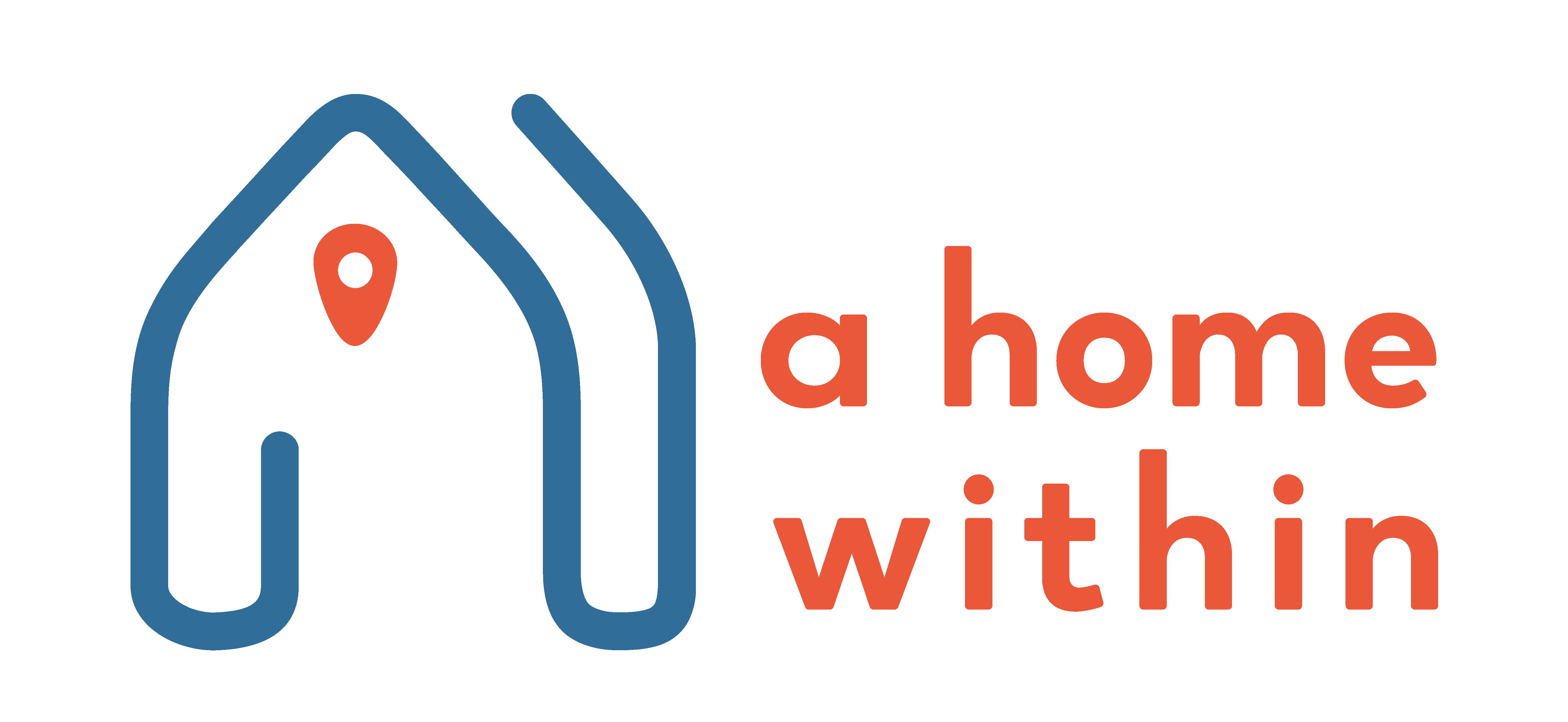Information Hub / BlogWidening Cracks
Two articles crossed my desk recently that underscore the vulnerability of children in the foster care system. Individually, they each warrant attention; taken together they should prompt us to action. Preliminary research coming out of Purdue University suggests that adoptive mothers are vulnerable to depression following adoption. The fatigue, worry, and isolation that contribute to post-partum depression may also be contributing factors to depression in the wake of adoption.
From Rise magazine comes a report of a twenty-year study of the number of childhood deaths resulting from abuse and neglect annually in Sacramento, California that demonstrates a direct correlation between decreases in preventive services and increases in death rates.
One of the goals of the child welfare system is to provide permanency for children. When children cannot be reunified with their biological parents, adoption offers foster children the chance to have a “forever family.” But adoption is a complex process for both parents and children.
Creating a family is not easy, under even the most ideal circumstances. Parents and infants must get to know each other—they must learn to send and receive cues and to respond sensitively. Parents must reconcile their conscious and unconscious expectations with the baby who is actually before them—whether they have a girl when they had hoped for a boy, or whether they have an active baby when the baby of their dreams had been easy-going and mellow.
Add to this the emotional complexities contributed by infants and children who have been separated from their parents and are very likely to be wary of new relationships because of the maltreatment they suffered. And, just like biological parents, adoptive parents must relinquish their fantasies about the child or children with whom they would create a “forever family” in order to fully embrace those who have actually been placed in their care.

Photo Courtesy of “ZeRoSKiLL”
New parents need a lot of support. They need help with the additional work that children bring. They need emotional support as they try to manage the inevitable anxieties and responsibilities of parenthood. Common sense would tell us that parents adopting from the foster care system would need even more support because of the inherent vulnerability of the child they are bringing into their lives.
While parents adopting from the foster care system can certainly benefit from the support of family and friends, professional help is often called for. They need to have the counsel of social workers and specialists who understand and can help them meet the emotional needs of children who have been traumatized and subjected to multiple losses. Yet, these are exactly the kinds of services that are cut when budgets decline.
When we think about preventive services we, understandably, think first of programs that will keep children with their biological parents and out of the foster care system. However, it is also important to attend to programs that will ensure that when children are adopted from the system that their parents have the support they need to keep their promise of creating a “forever family.”
Through A Home Within, children leaving the foster care system and their adoptive parents can have pro bono support from an experienced therapist who can help them with the challenges of building a family together.
Watch this video to hear what Lorry, a parent who adopted a foster child, has to say about the help her daughter received from A Home Within – http://youtu.be/kxSNMN-cAbc.
By Toni Heineman
